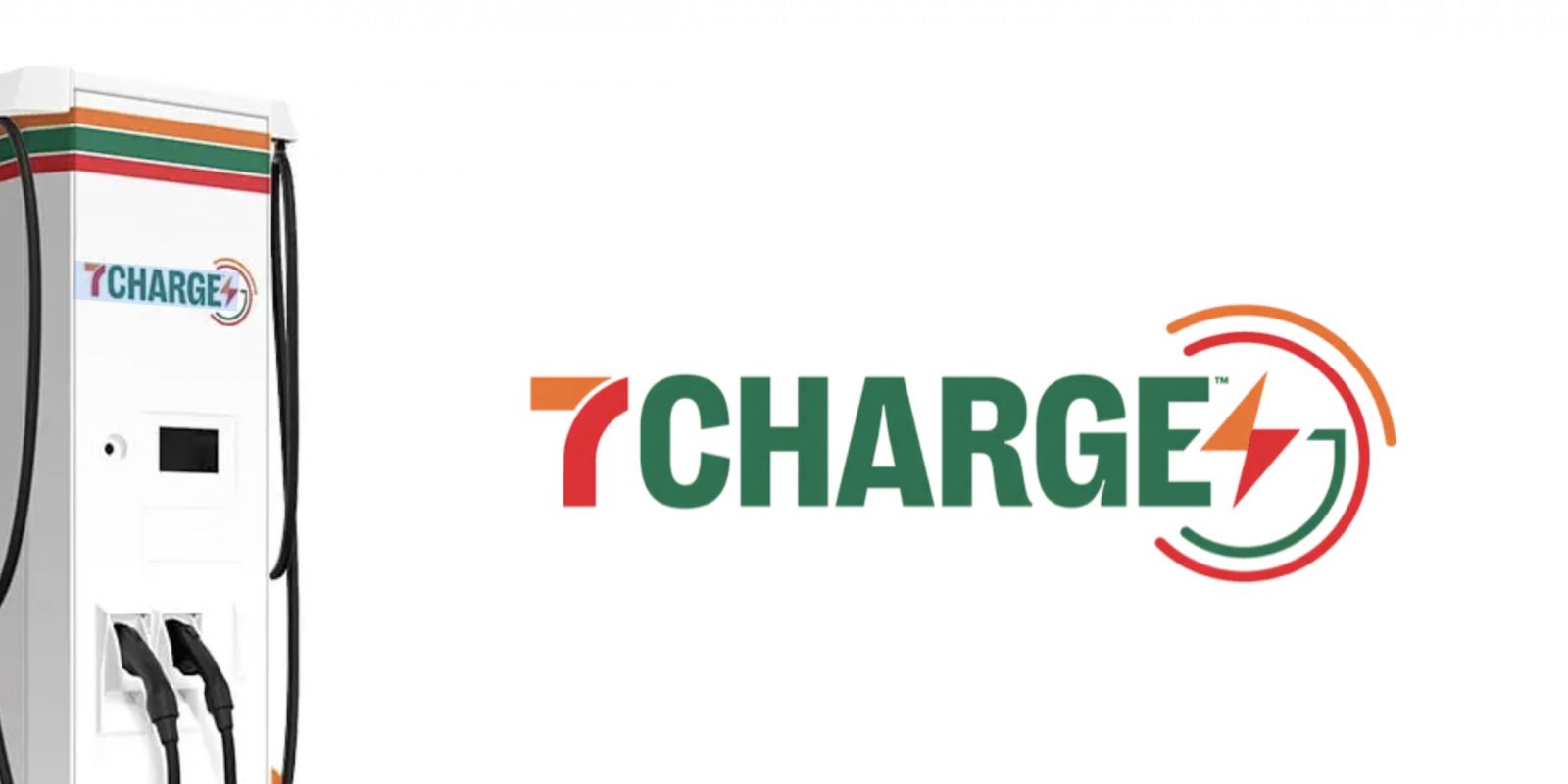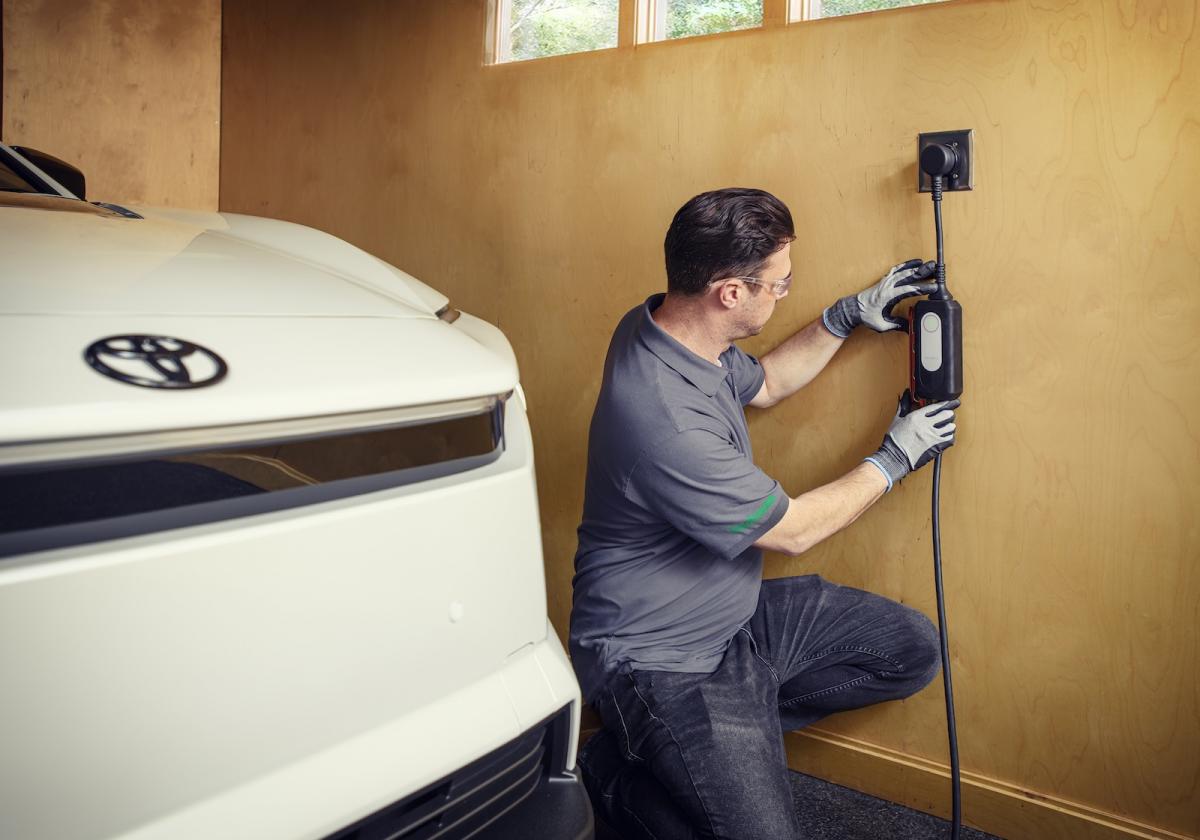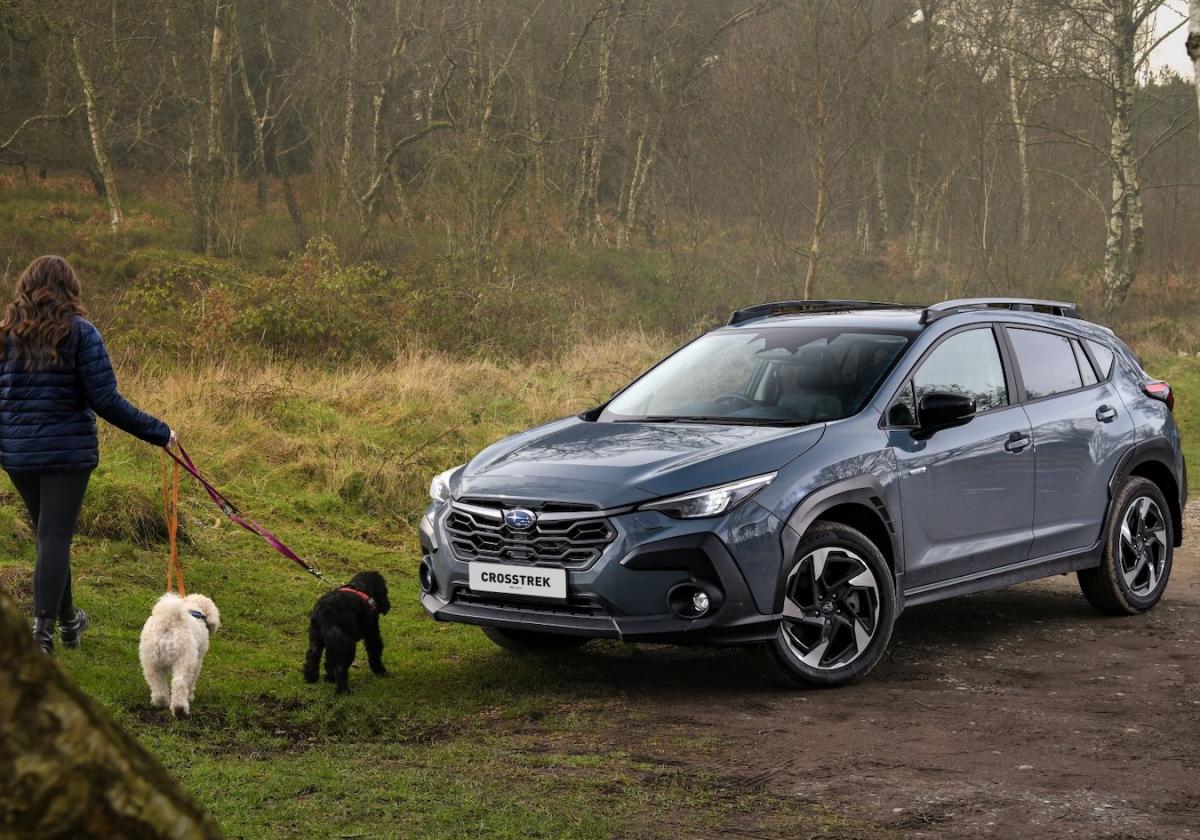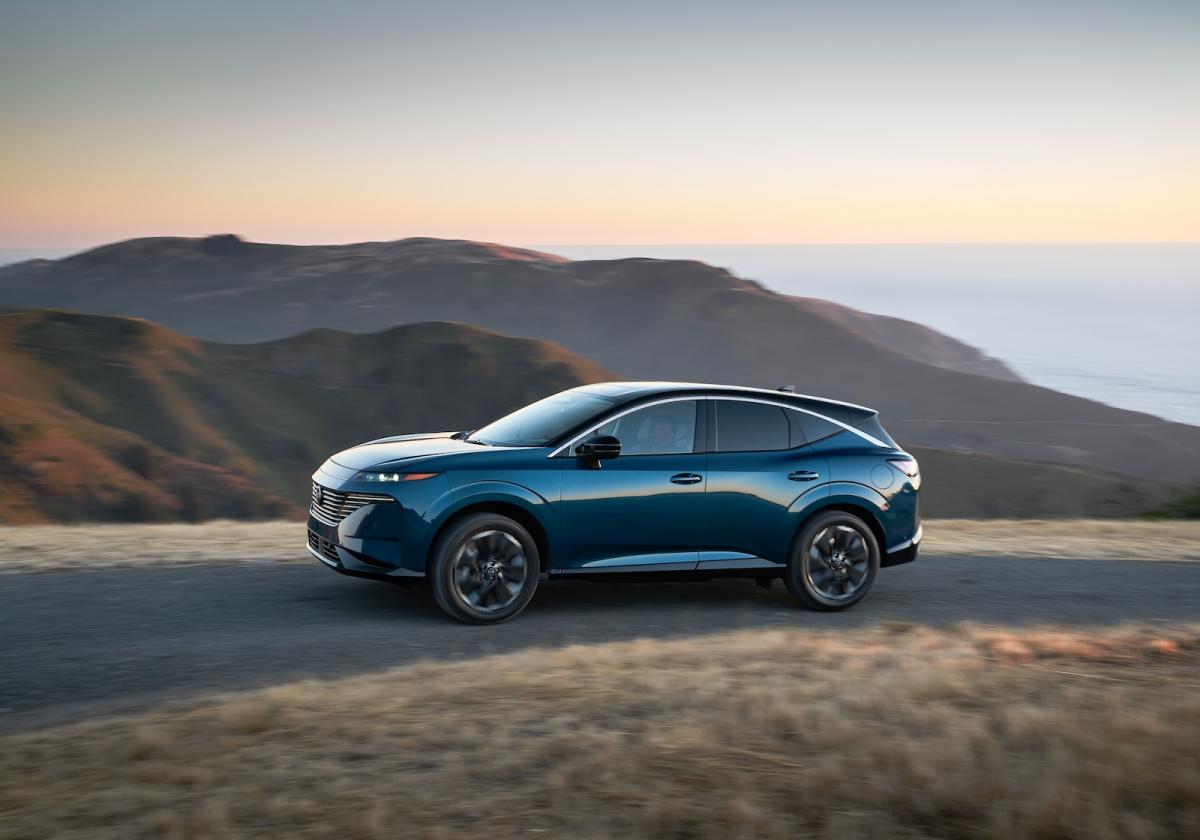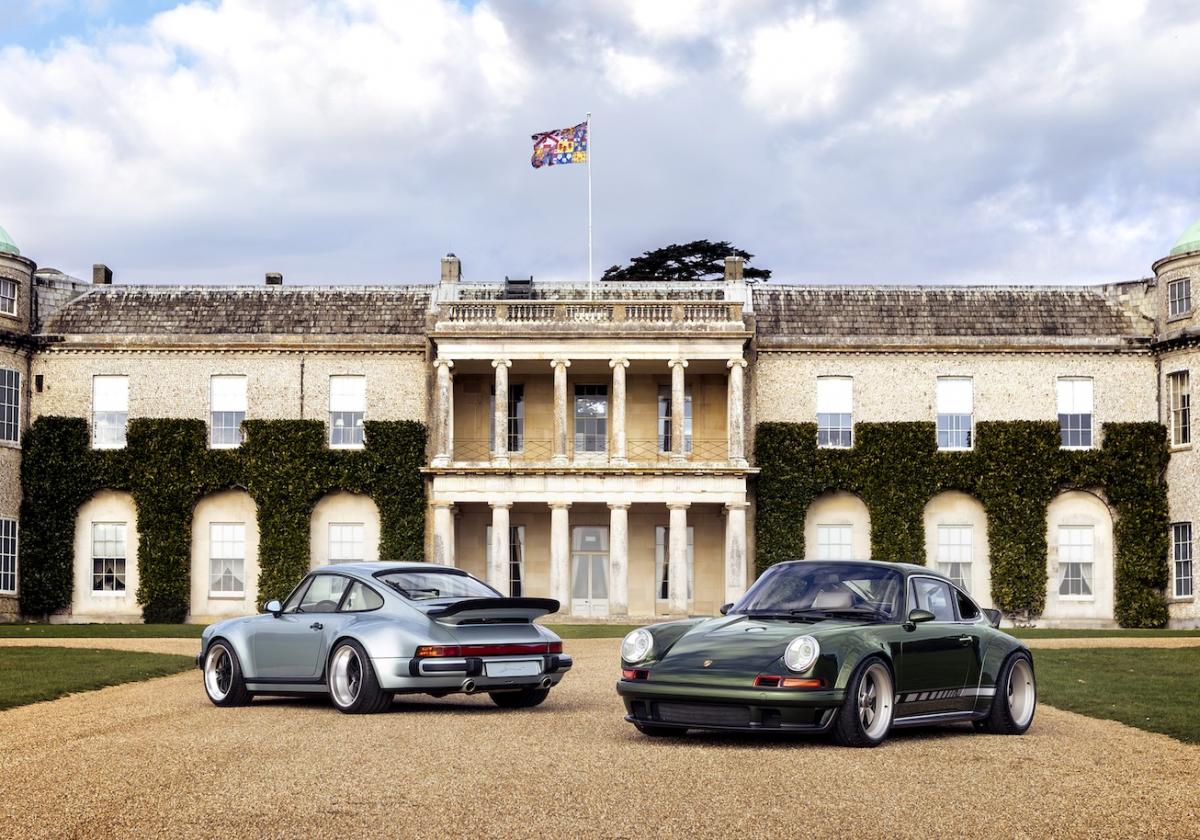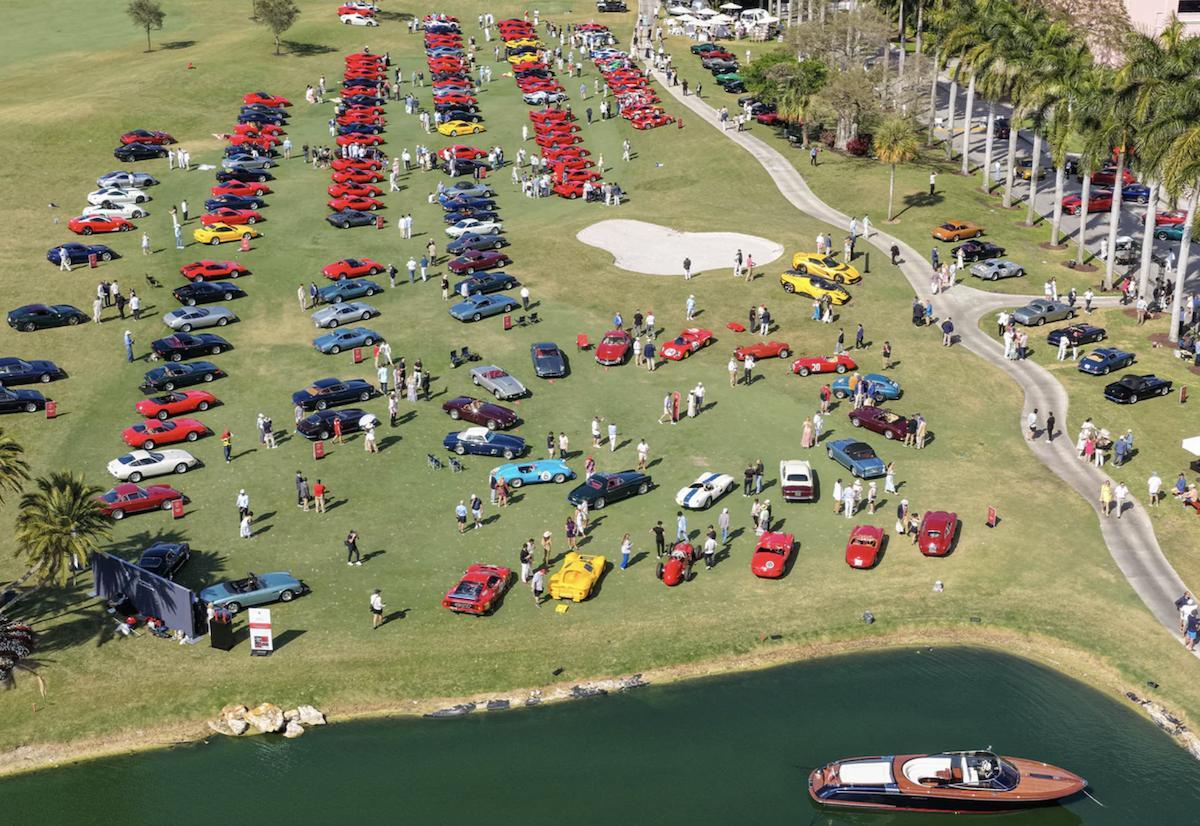- 7Eleven creates 7Charge to stimulate the EV market and grow profits
- The 7Charge network already has chargers across Florida, Texas, Colorado and California as of today
- 7-Eleven hopes to make EV charging available to neighborhoods that have, until now, lacked access
One main reason why electric vehicles (EVs) are not catching on as quickly as many carmakers expect is the critical factor of infrastructure. Thousands of would-be EV owners are not making the switch to electric yet, fearful of range anxiety and not being able to easily access quick charging stations. To that end, multiple major fast food and convenience store chains have recently announced a big push into EV charging, a move that could accelerate strategies to expand the country’s rudimentary charging network.
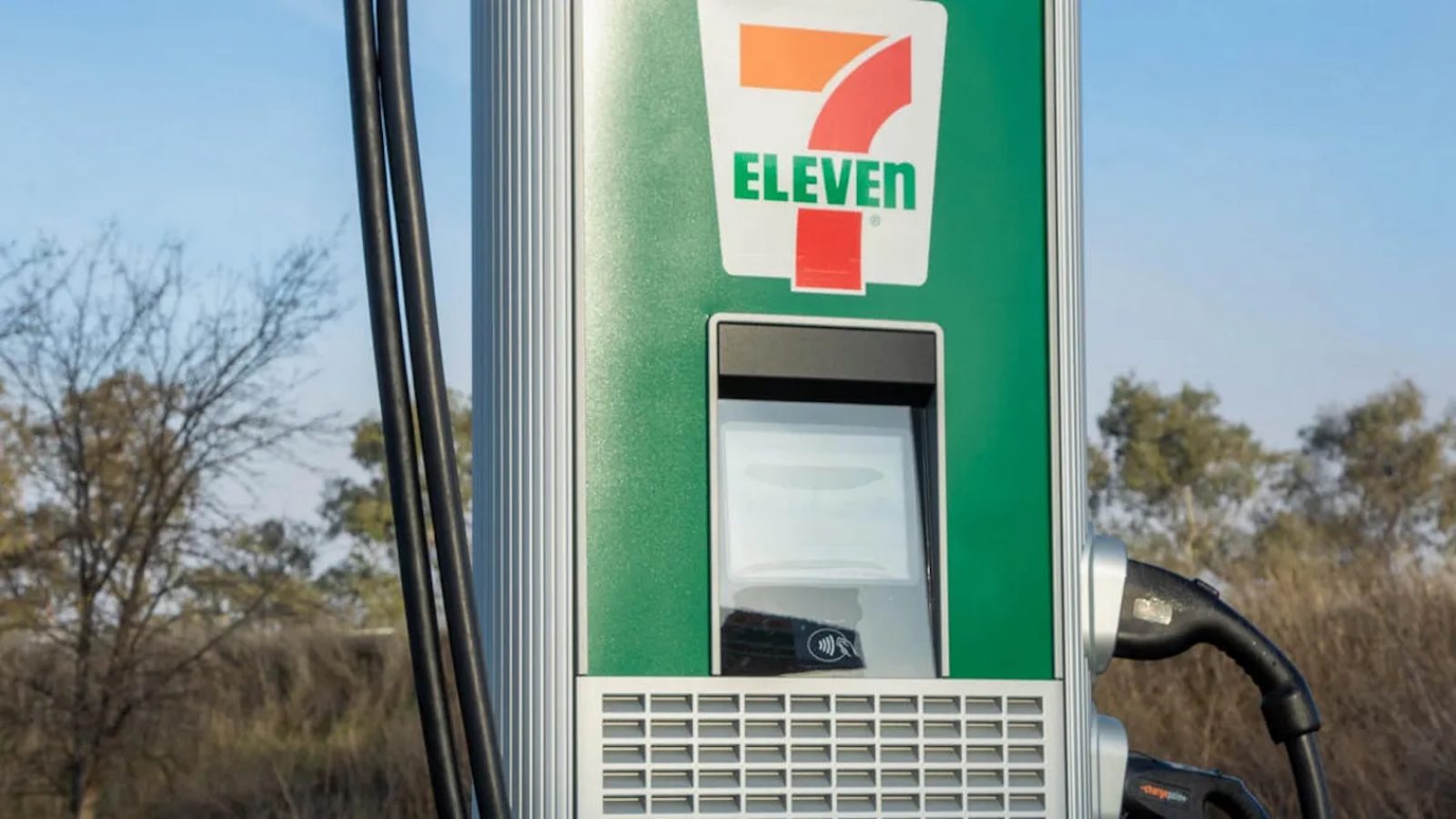
As we have seen over the last two years, as established and startup automakers launch a slew of electric pickup trucks, SUVs, and sedans, companies are finally getting serious about electrification. But many potential EV buyers want assurance they’ll be able to find chargers when needed. Horror stories of arriving at a charging station, with less than 10% charge remaining, and not being able to find a usable charger, or having to wait hours, are preventing many from making the plunge in EVs.
To counter this negative image, convenience store chain 7-Eleven recently launched its own EV fast-charging network, called ‘7Charge.’ The network has chargers across Florida, Texas, Colorado, and California as of today, with plans to expand into Canada as well.
Users will be charged based on the energy they consume or the time they spend charging, depending on local regulations. 7Charge is compatible with most EVs, even Teslas, though an adapter is required.
Leading the charge (no pun intended!), fast food giant Subway recently announced long-term plans to build car-charging “oases,” which as their naming suggests, offer green spaces and playgrounds for the kids. Subway is collaborating with multiple franchise owners to install fast chargers at various locations. In addition, a major Taco Bell franchisee is also starting up EV chargers at more than 100 of its California outlets.
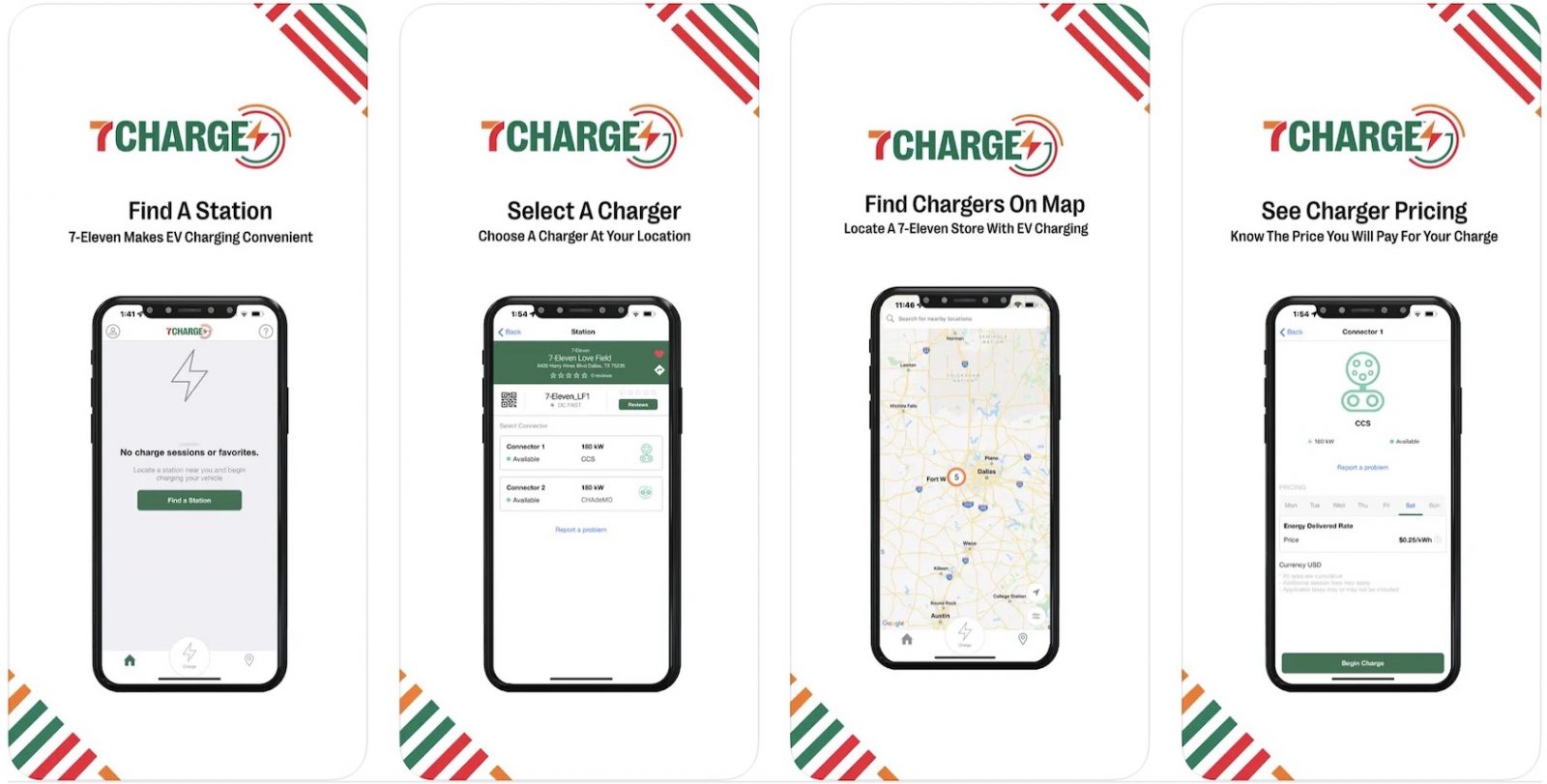
Bullish about its EV charging venture, 7-Eleven recently touted—in a press release—its potential to address the charging conundrum. “7-Eleven will have the ability to grow its network to match consumer demand and make EV charging available to neighborhoods that have, until now, lacked access,” reads the release. It goes on to say that stores that install EV chargers will likely earn a handy profit on charging fees, just like gas stations take a cut when you fill up your tank.
Now, as EV owners already know, even with the latest fast-charging technology, topping up your EV takes time, a phenomenon that turns drivers into a captive audience for food, drinks, and other goodies as they juice up their cars. So setting up ‘7Charge’ units in 7Eleven parking areas is a long overdue idea, to be honest.
It goes without saying that those bonus sales could give stores an extra incentive to add chargers. There is one hurdle, however for a chain like 7Eleven. Franchise chains have only so much control over what individual owners choose to do, a fact that could potentially limit their ability to become major players in EV charging.
OUR THOUGHTS
As President Biden’s administration pours billions into incentives for expanding the charging infrastructure, your favorite fast-food chains are looking to take a big gulp of that cash. And why not? If they can offer a more accessible, less stressful charging network across the country, with food and drink on tap, and in a well-lit, safe environment, then this strategy might just be the impetus the EV industry needs to accelerate the cause.

